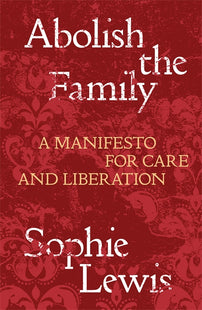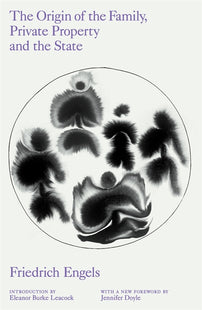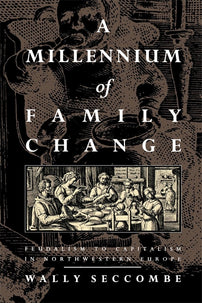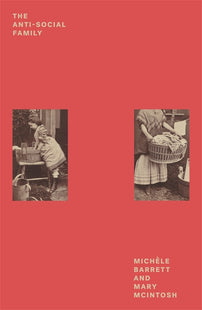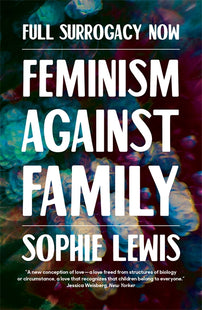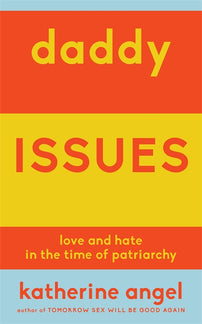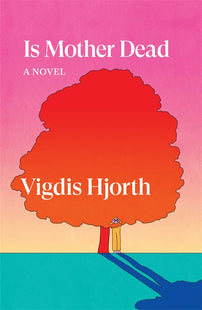'Tis the Season to Abolish the Family
What if we could do better than the family?

We need to talk about the family. For those who are lucky, families can be filled with love and care, but for many they are sites of pain: from abandonment and neglect, to abuse and violence. Nobody is more likely to harm you than your family. Even in so-called happy families, the unpaid, unacknowledged work that it takes to raise children and care for each other is endless and exhausting. What if we could do better?
Do family abolitionists want to get rid of your Gran? Do they hate love? Are they all killjoys looking to rip the roots of working class resistance apart? Find out all this and more in this episode of the Verso podcast with author Sophie Lewis in conversation with Ben Smoke.
Until January 2, 2023 at 11:59PM EST, we have 40% off all print books and 60% off all ebooks (see full details here)!
See our Gift Guide and all our reading lists, including The Year in 10 Books, Radicalize Your Niblings, Radical Happiness, Tis the Season to Abolish the Family, Understanding the Cost of Living Crisis, Christianity and Anticapitalism.
What if family were not the only place you might hope to feel safe, loved, cared for and accepted? What if we could do better than the family?
[book-strip index="2" style="buy"]The most influential theory of the origins of women’s oppression in the modern era, in a beautiful new edition.
[book-strip index="3" style="buy"]An integrated overview of the long transition from feudalism to capitalism, illuminating the far-reaching changes in familial relations from peasant subsistence to the making of the modern working class.
[book-strip index="4" style="buy"]Sensitive but uncompromising socialist-feminist critique of the nuclear family.
[book-strip index="5" style="buy"]Current debates about the future of the family are often based on serious misconceptions about its past. Arguing that there is no biologically mandated or universally functional family form, Stephanie Coontz traces the complexity and variety of family arrangements in American history.
[book-strip index="6" style="buy"]Taking collective responsibility for children would radically transform our notions of kinship, helping us to see that it always takes a village to make a baby.
[book-strip index="7" style="buy"]On the fraught bonds between daughters and their fathers, women and the patriarchy.
[book-strip index="8" style="buy"]“To mother is to murder, or close enough,” thinks Johanna, as she looks at the spelling of the two words in Norwegian. A cat and mouse game of surveillance and psychological torment develops between a middle aged artist and her aging mother in Vigdis Hjorth’s latest novel.
[book-strip index="9" style="buy"]Godelier argues that the changes of the last thirty years do not herald the disappearance or death agony of kinship, but rather its remarkable metamorphosis—one that, ironically, is bringing us closer to the “traditional” societies studied by ethnologists.
